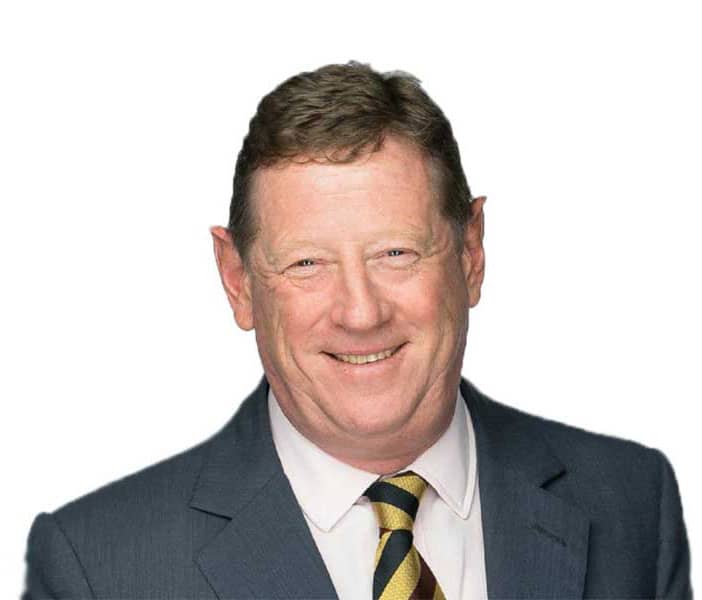What does it take to be an effective non-executive director?
January 20, 2020 – By NEDonBoard

This page is restricted to NEDonBoard members only.
Join the Professional Body for Non-Executive Directors & Board Members
Access premium resources, NED job opportunities, a vibrant community of board professional to excel in your non-executive career and be professionally recognised.
Members only
This page is restricted to NEDonBoard members only.
Interested in a membership? Click here to find out more.
Interested in a company membership? Click here to find out more.
Should you require support, please email [email protected]
JOIN THE MEMBERSHIP
Why join the NEDonBoard community?
Access exclusive insights
Expert resources, case studies, and best practices.
Jobs opportunities
Stay ahead with early access to quality NED roles.
Professional development and recognition
Gain credentials with courses, certifications, and training programmes.
Networking and events
Engage with a vibrant and influential community of experienced non-executive directors and board peers.
Testimonials
What NEDonBoard members say.
"
I’m a member of NEDonBoard as it’s very important to be part of a network that is looking at best practice and how you do things in the boardroom, to be better at what you do and be more informed.
"
Yet again another fantastic NEDonBoard event. Invaluable insight on NED duties and how to ensure we are informed appropriately on the operational and risk aspects of our organisations. Thank you for facilitating an online option to join the event. It’s great for those of us who are not always able to attend in person.
"
As a Board Director for 11 years, I can only applaud to such an initiative and I look forward to sharing ideas and skills on how we finance professional can facilitate impactful decisions at Board level.
Take the next step
Join an influential community of non-executive directors and board professionals who trust NEDonBoard to support their board career.
Have questions?
We are here to help! Contact us at [email protected]